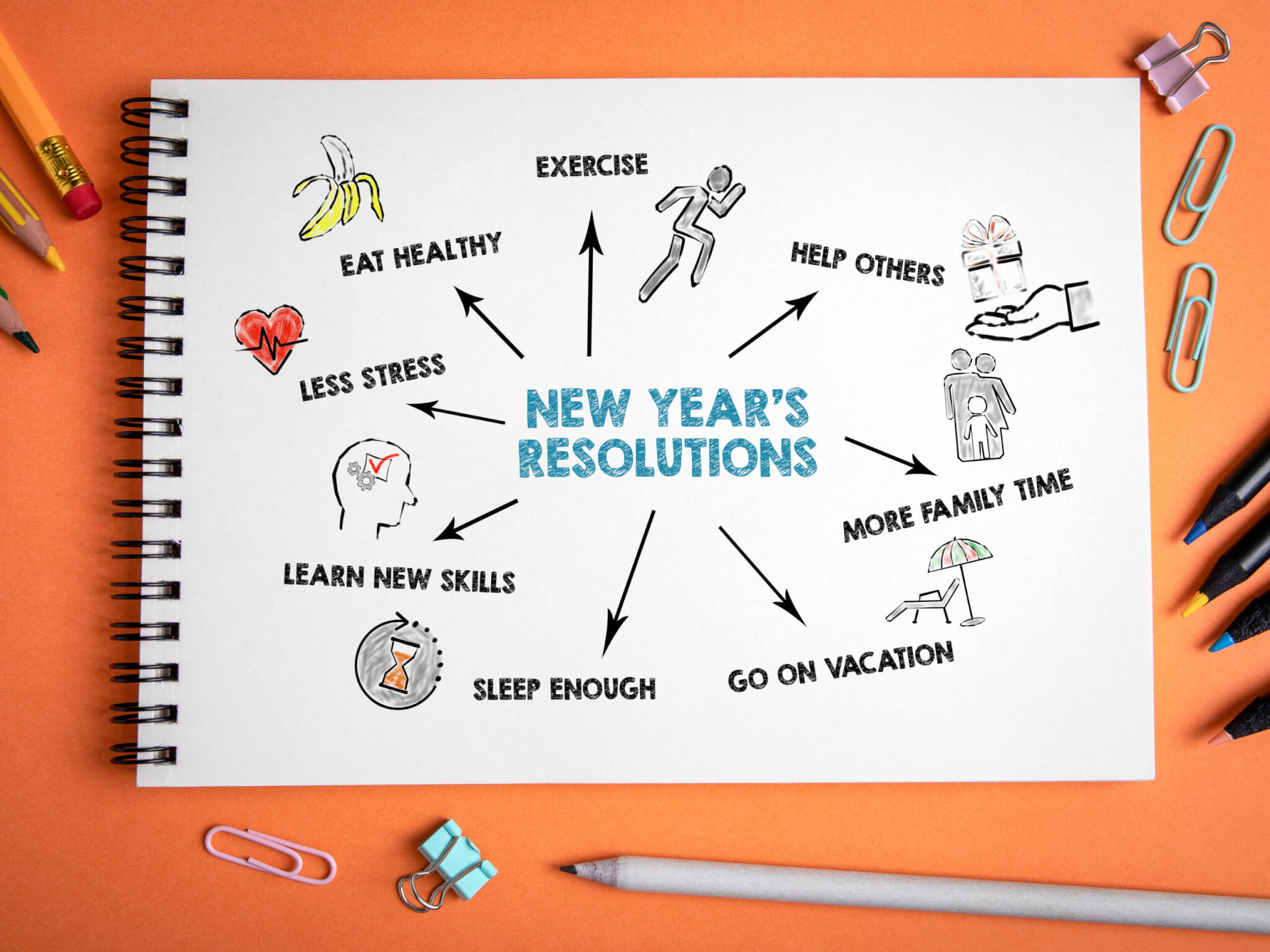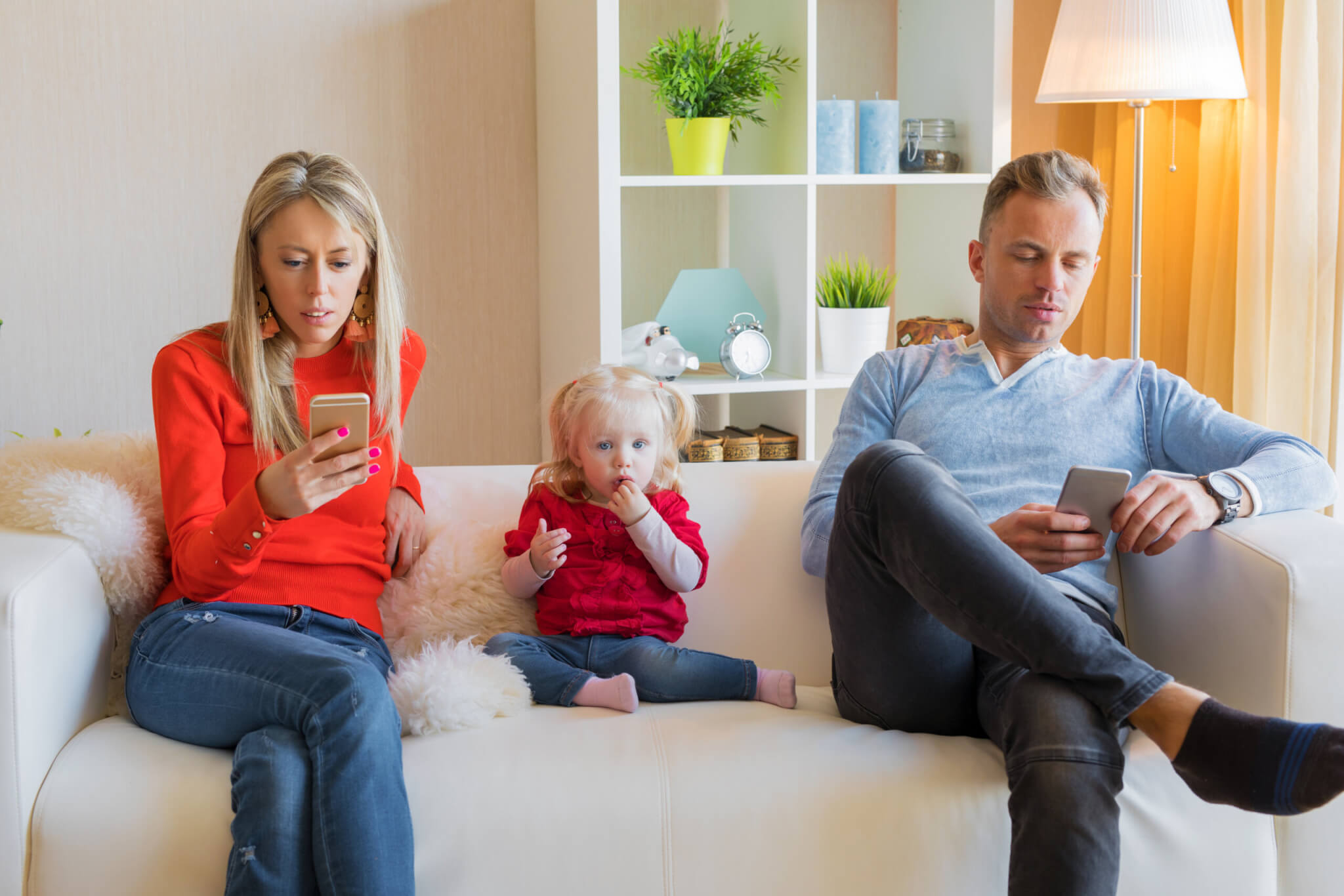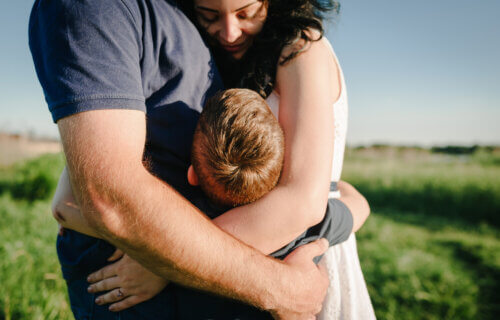So, it’s day 4 — how’s your New Year’s resolution coming along? If you don’t have one, you might actually be in the majority. An end-of-the-year survey of 2,000 Americans found that 55% weren’t making the traditional “big” self-improvement goal for 2024. Instead, many folks are simply setting their sights on more general aspirations like “eating healthier” or “better money management,” rather than shooting for one concrete goal that, if we’re being honest with ourselves, is highly unlikely to be achieved.
Sadly, just 12% of Americans wind up fulfilling their New Year’s resolution over the entirety of a year, according to the survey.
So I get it, if the odds are so deeply stacked against you, why bother?
I’ll tell you why. Self-improvement isn’t supposed to be easy. And just like anything in life, failure can fuel success — with the right mindset of course. If you’re afraid to fail, you waive the opportunity to succeed. If you beat yourself up too hard for failing, you’ll stay down.
Being mindful of your failures and the emotions that come with them can motivate you and lift you to new heights the next time, rather than bury you entirely.
As you can probably guess, I like New Year’s resolutions and I’m still setting one or two. Last year, my resolution was to stop going on Facebook. And, for the most part, I’d say it was a great success. Outside of hopping on when I was in search of recommendations or tickets for an event, to look up some birthdays (admittedly, I realize how dependent I was on the platform for bday reminders and I sure did forget many), or to provide some updates during a family emergency, I engaged in pretty much zero Facebook-feed doomscrolling.
And I think I’m better off for it.
That said, I chose to remain active on Instagram, which is still a timesuck for sure. One timesuck is plenty. Maybe it’s time I cut back there, too.

This year, my New Year’s resolution is to be more present with my children — particularly by keeping my smartphone out of my hands. It will be mightily tough as the owner of an online news site, but I am keenly aware of how frequently the device finds its way out of my pocket and into my palm, if for no other reason than simply to look at it.
Of course, my phone winds up in my hands all throughout the day and especially in times of boredom or anxiety. I’d like to be more present no matter where I am. But with my daughter and son, it’s an absolute must.
If I can be more present with my kids, it will yield more happiness for all of us and much healthier relationships now and in the long run. No New Year’s resolution can top that.
I know that many, if not most parents are in the same boat as me. One survey of 2,000 parents revealed that half have been begged by their own children to put their phones down. This alarming poll also found that 69% of parents feel “addicted” to their phones — so much to the point that they spend just 24 minutes more with their kids than they do on their devices.
What’s more, research shows that parents who are attached to their phones are not only less present for their kids, but they’re also more likely to yell at them. The study concludes that technophile moms and dads typically turned to their gadgets during downtime — but that they also experienced higher levels of mental distress in their daily lives.
And while we think of this younger generation as the digital generation, it turns out parents might be worse. A survey we published this past September reported that the average parent spends more time on their own electronics than the kids do on theirs.
Sure, we set limits on their screen time — but struggle to be the models they need because we can’t do it ourselves.

To push myself to be more present, I am trying to be mindful of exactly how I am responding, behaving, talking, or appearing to my kids when my phone is around. I imagine they are even more keenly aware of this than I am. They are used to it. They are familiar with the frustration. And saddest of all, they expect it.
If my phone is out, if it’s in my hand, if it’s commanding my gaze — then it is a bigger priority than my children. And even though I know that’s not actually true, it certainly looks that way.
And I have no doubt it feels that way to them too. The more I can put myself in their shoes and catch myself in the act, the harder I will be on myself. As I said, when it comes to failing, we can beat ourselves up in a beneficial way.
Being present for them is a treat. They love being with me. They love having my full attention. They love feeling like they are my everything. They are. I have to show them — and prove it.
And really, that’s important for all of us to consider in any situation. When we are fully present — wherever we are — we are more likely to put our all into whatever it is we’re doing. Whether it’s in the office, on a date, at a football game or a concert with friends, or even reading a book by yourself, putting your phone away will ensure you get the most out of the experience.
What’s key to all of this is habit. If you’re addicted to your phone, you’re conditioned to taking it out of your pocket and looking at it. Kicking the habit will require more than just reminding yourself to stop. It’s going to take real effort, and typically, that means 30 consecutive days of correct behavior.
How can I be more present for the kids? What changes can I make?
As mentioned before, I need to improve my mindfulness. Mindfulness is not the sexiest word. It turns people off in the same way “therapy” or “meditation” does. It can feel icky or stupid. Yes, mindfulness might sound like some silly holistic practice that you keep reading about, but all mindfulness really is is awareness of what’s going on. It gets paired with meditation because meditation is a practice that can make mindfulness much easier and far more effective, and vice versa.
On its own, mindfulness means you are aware of something — from the elements of the room you’re in, to the temperature outside, to what you are doing or what others are doing, to how your food smells and tastes.

Mindfulness isn’t always helpful. People who struggle with social anxiety, like myself, can be horribly mindful of themselves in social settings to a fault. If I meet someone new or enter a room with a lot of people in it, I become severely aware of how I appear, how I am standing, how I sound when I speak, how the person I am engaging with is looking at me, whether my hands are positioned strangely, and so forth. This form of mindfulness can be embarrassing and crippling — however, I use it as an example because I know that if I can be this mindful in these moments, I can certainly be this mindful in others.
That confession of mine — having deep social anxiety — will probably surprise a lot of people. Whenever I’ve told friends about it, they don’t believe it because I’m a pretty social dude. I love meeting people, I love going out with friends, and I absolutely love to talk. But I’ve learned to overcome my social anxiety by being even more mindful of that destructive mindfulness cycle in social settings. And because I’m mindful of that behavior, I can press myself to stop the negative mindfulness in an instant.
Can you think of times when you are exceptionally mindful of your behavior? Maybe it’s running on the treadmill or giving a presentation at work or cooking dinner. If you’re a wine connoisseur, you’re deeply mindful of wine. If you’re into jigsaw puzzles, you’re quite mindful of the shapes of the pieces and the image you’re working to create. If you’re a skier and you’re riding the gondola to the top of the slope and you are soaking in the refreshment and joy from the view and the cold air and the smell of firewood and the challenge in front of you, you’re practicing mindfulness.
The point is, you might think mindfulness is silly and stupid, but there’s a good chance you’re already incorporating it in so many areas of your life. So when it comes to habit-forming, and in this case, being more present, being mindful of negative behaviors and being mindful of what others could be experiencing when you’re not present can be the key to making yourself more present immediately.
How else can I accomplish my New Year’s resolution?
I must be more available for my kids. That means ending work when work ends. That means playing games or going outside when I’m not in the mood. That means saying “yes” to things that I really should say yes to when my initial reaction is “no.”
I’m going to have to leave my phone behind. I work from home, so when work is finished, I must leave my phone in the office. Better yet, I turn it off entirely so my FitBit watch doesn’t alert me to texts or calls. There is no phone at dinner, there is no phone during family games, there is no phone during pre-bedtime routines, there is no phone when I kiss my children goodnight.
So what do I do if I happen to have my phone in my pocket — and not just at home, but anywhere I go with the kids? I know that a vibration from a notification might trigger the instant need to know what the notification is. I have a few options here. Most effective would be turning my phone off. I can also set the phone to Do Not Disturb mode. Or I can turn off notifications entirely, if I need to keep the line open should I be expecting a call from my wife or someone else.
Ultimately though, I need to go with option number one: Turn my phone off. What am I really missing by removing it from the present? The only thing necessary when I am with my kids is that I am truly with my kids, in all forms. And you know what, the same goes for when I’m with my wife. Because I know when she reads this, she’ll wonder why I can’t pledge the same for her. Honey, I want to be more present for you too.
Imagine if you turned your phone off more frequently and left it in another room. How might that positively impact your life? What would it be like to be more present in your life simply by eliminating the most distracting element? If you can be more present at home, your family will thank you for it. If you can be more present at work, your productivity will grow. If you can be more present at the gym, you’ll see better results. See how powerful it is to truly be in each moment?
I hope that for me, being more present means my kids are happier and that I’m demonstrating something that I hope they do down the road (way way down the road) when we allow them to have phones. It means I am a better father and a better husband and I am cultivating better relationships with my family. And they’ll be the same way with their kids too. I hope that I am making stronger memories for all of us, ones that don’t involve me looking down or only half-there when they’re trying to share their own joy with me.
Being present is harder than ever these days. But doing it might just be the best gift you can give yourself — and those you care about, too. Happy 2024, and best of luck in all your goals and dreams for the year ahead.
